There are a lot of things that set doctors apart from nurses. The list includes their length of education, the amount of money they earn and even their responsibilities. However, although they do have a lot of differences, it doesn’t mean that doctors can deny or even intimidate their nurses whenever they have to say something.
Here are three good reasons why.
1. Nurses hear more from their patients
Nurses are in constant interaction with their patients–from the initial interview, treatment to discharge. This amount of exposure enables nurses to get to know their patients more. In most cases, patients feel more comfortable opening up to them than to doctors.
Aside from that, nurses’ relationship and constant interaction with patients also enable them to get vital pieces of information about their conditions and how well they are responding to their treatment. If the plan of care isn’t working well or if the patient develops unexpected adverse reactions, nurses are the first ones to know and the first ones to tell doctors.
“One of my patients who was supposed to undergo surgery suddenly reached out to me after talking to his doctor. There were several things he wanted to clarify, but he was too afraid and uncomfortable even to ask his physician. I had to request his doctor to see him again as the patient’s confusion could invalidate his consent for the surgery,” a 35-year old female ward nurse shared.
2. Nurses can catch doctors’ medication errors
Doctors, much like nurses, aren’t really that safe from committing medication errors. This frequently happens when they’re burnt out, sleepless or just too overwhelmed. New interns who aren’t familiar with the floor often commit medical errors, too. Veteran nurses sometimes have to guide them to make sure they don’t do something they’re not yet familiar with.

Doctors assess several patients in a day. They have various responsibilities and priorities. They can even get paged in the middle of the night. With so many things to process, some of them can easily forget their patients’ names, conditions, and even their medications.
“I had two patients with the same name who were admitted to two different floors. One night, I got paged that my patient was experiencing severe pain. Although the nurse was very clear about which patient she was referring to, I kind of mixed up the information in my head. She had to call me twice to make sure I was ordering her to administer a pain reliever to her patient who happened to be allergic to it,” a doctor admitted.
3. It helps save lives
Nurses and doctors belong to the same team. Failure to listen to one another can put their patients’ lives at risk. Unfortunately, however, some doctors refuse to listen to their nurses just because they feel superior. In some cases, they don’t just refuse to listen; some doctors bully nurses, too.

In one meeting conducted by the Pacific Coast Obstetrical and Gynecological Society, one particular issue has been brought up. It involved a surgeon who gave out a sarcastic remark after the nurse reported that the final sponge count was not correct. Instead of searching for the sponge, the doctor claimed that the nurse was suffering from obsessive compulsive disorder and that he had to order an expensive x-ray just to address the nurse’s report. It turned out that there was indeed a sponge in the patient’s body.
Why do you think doctors have to listen to nurses? How do you approach your doctors when you have something important to say?


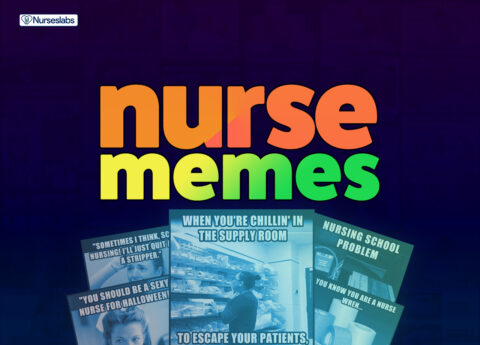


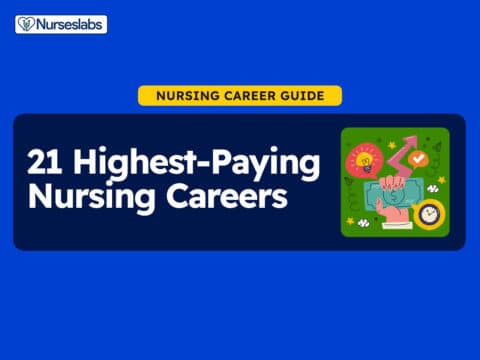


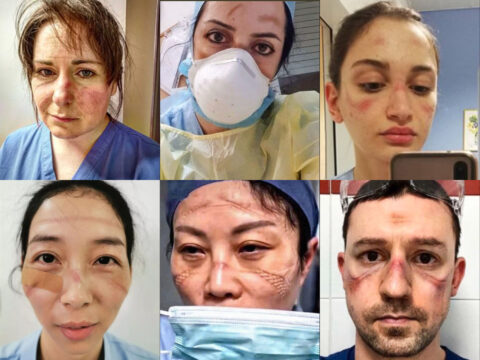
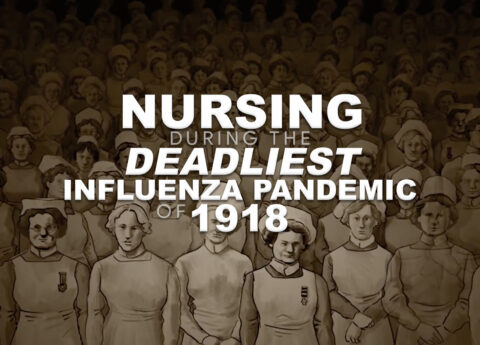



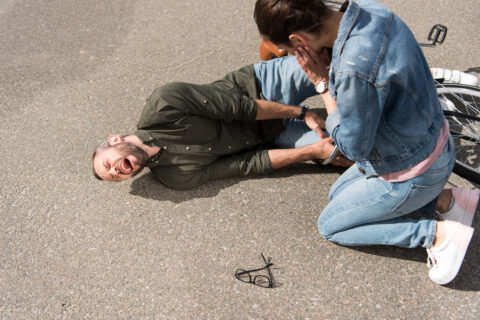
















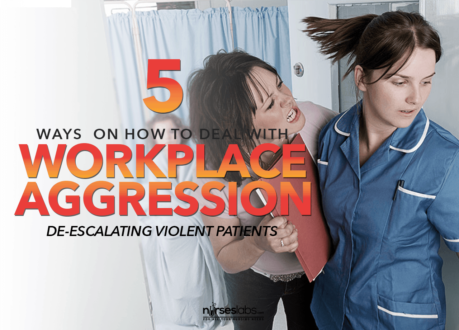






Leave a Comment